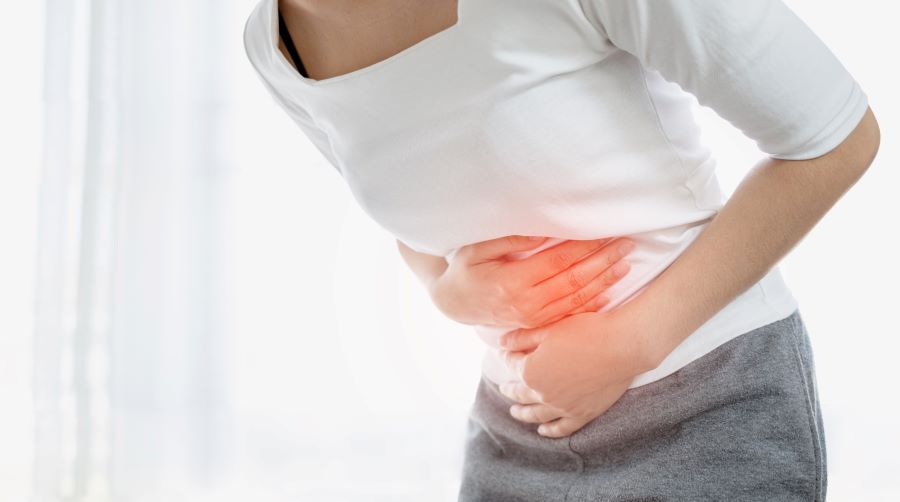Crohn’s in Women: Signs to Watch
Crohn’s disease can manifest differently in women, often leading to delayed diagnosis or misinterpretation of symptoms. From unusual fatigue to changes in menstrual cycles, understanding these gender-specific signs is key to early treatment. Learn what to look out for and when to seek help.

What Are the Early Warning Signs of Crohn’s in Women?
Women with Crohn’s disease frequently experience distinctive early symptoms. These include unexplained fatigue, persistent abdominal pain (particularly in the lower right area), and irregular bowel movements. Many women also report unexpected weight loss and reduced appetite. Unique to female patients is the potential interference with menstrual cycles, often leading to irregular periods or increased menstrual pain.
How Does Crohn’s Disease Present Differently in Women?
Female patients often face gender-specific challenges with Crohn’s disease. Women typically experience more frequent extraintestinal symptoms, including joint pain and skin issues. They may also suffer from iron-deficiency anemia more commonly than men, partly due to menstruation combined with potential intestinal bleeding. Additionally, women often report more severe fatigue and a higher incidence of anxiety and depression related to their condition.
When Should Women Seek Medical Attention?
Immediate medical consultation is warranted if experiencing persistent diarrhea lasting more than two weeks, unexplained weight loss, or severe abdominal pain. Women should also be alert to signs such as recurring fever, unexpected menstrual changes, or blood in stools. Night sweats, persistent fatigue that doesn’t improve with rest, and joint pain combined with digestive symptoms are additional indicators requiring professional evaluation.
What Complications Can Arise from Untreated Crohn’s?
Untreated Crohn’s disease in women can lead to serious complications. These may include nutritional deficiencies, particularly iron and vitamin D, which can affect bone health and energy levels. Women face increased risks of developing fistulas and abscesses. The disease can also impact fertility and pregnancy outcomes, making proper management essential for women of childbearing age.
What Unique Challenges Do Women Face with Crohn’s Disease?
Women with Crohn’s disease often encounter distinct challenges in their daily lives. The condition can affect body image and self-esteem, particularly during flare-ups. Hormonal fluctuations throughout the menstrual cycle can influence symptom severity. Pregnancy planning requires careful coordination with healthcare providers, as both the disease and its treatments can impact fertility and pregnancy outcomes.
How Can Women Effectively Manage Crohn’s Symptoms?
Managing Crohn’s disease requires a comprehensive approach tailored to women’s needs. This typically includes:
-
Regular monitoring of nutritional status
-
Careful medication management
-
Stress reduction techniques
-
Dietary modifications
-
Regular exercise when appropriate
-
Adequate rest and sleep hygiene
-
Regular medical check-ups
Working closely with a healthcare team, including a gastroenterologist and gynecologist, can help develop an effective management strategy that addresses both digestive symptoms and women’s health concerns.
This article is for informational purposes only and should not be considered medical advice. Please consult a qualified healthcare professional for personalized guidance and treatment.




